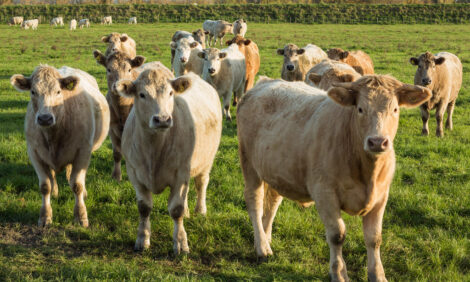



E. Coli And The Future Health Of America
US - In 2006, Americans learned that a salad could be hazardous to your health. The media flurry and the elected official posturing that followed the September 14 outbreak of E. coli 0157:H7 associated with spinach, is still fresh on American minds and making daily headlines thanks in no small part to the brisk recalls associated with tainted beef.Forgetting for a moment that the latest deadly microbe on the scene originates in cows, one needs to come to grips with the fact that the microbes have us out numbered. When a handful of rich soil contains tens of millions of tiny microbes, and that a single leaf of spinach may be covered in millions more, you start to get a feel for the germ warfare we are up against. Even worse, our so-called modern diet which is dominated by highly-processed grains and added sugars and fats, is putting us at significant disadvantage in the battlefield that is us.
But evolution has equipped humans with an ingenious system for defending against this daily microbial onslaught, most of which are harmless. Our very own microbial foot soldiers, which set up shop in our guts the minute we entered this world. There are so many microbes in the human body that if you added up their total number of cells, they would out number our human cells 9 to 1. In other words, we are more microbe than mammal.
Source: OpEdNews


